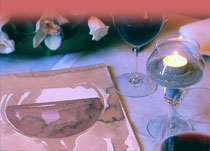HOTEL/CHEF PROFILES . . . 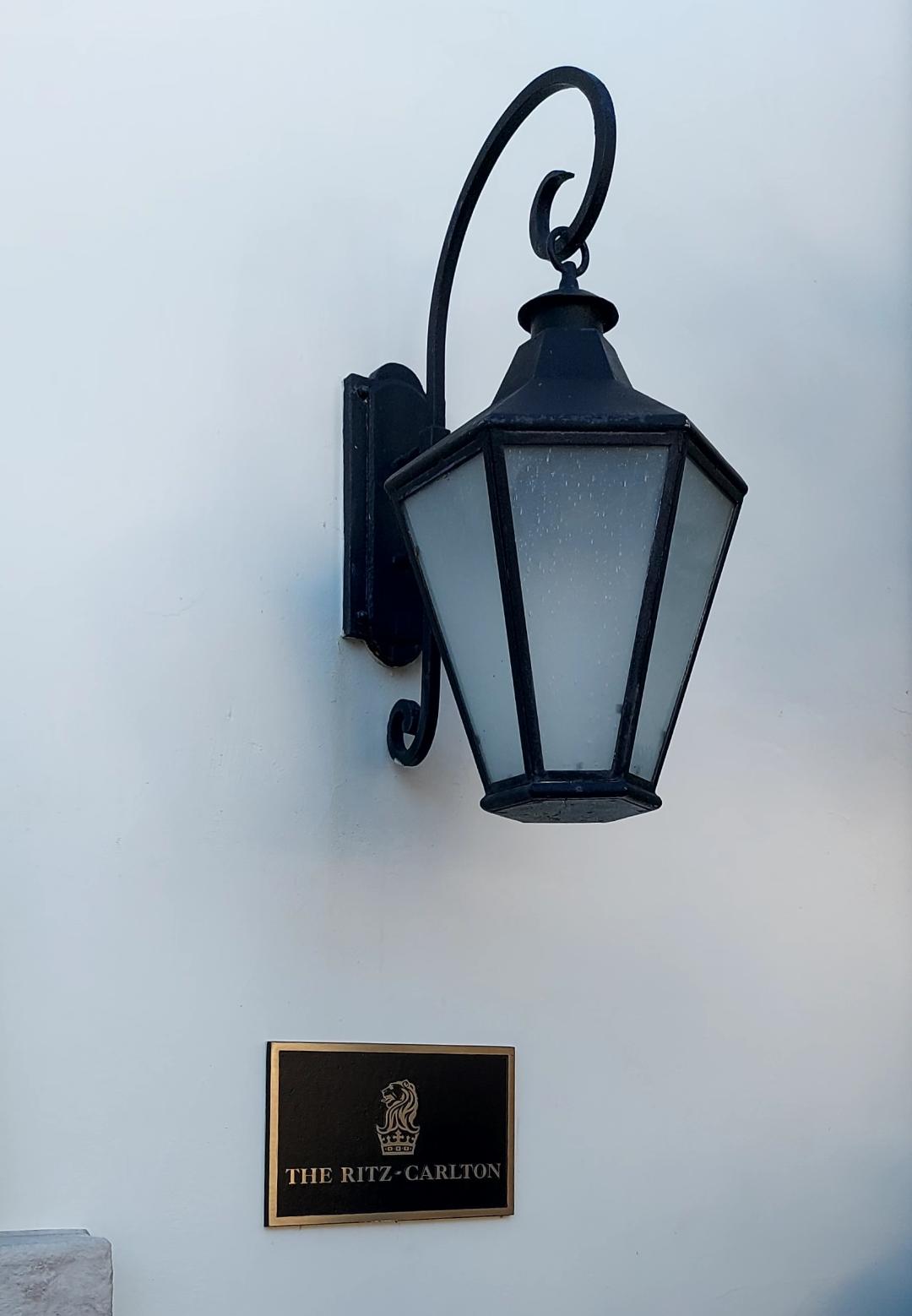
LOVELY LUNCH AT LULIO THE RITZ-CARLTON BACARA SANTA BARBARA Enchanting Afternoon of Mediterranean Delights on the California Coast 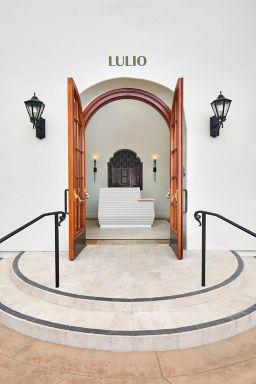
By Bonnie Carroll I was blessed to cover the opening of this gorgeous hotel when it opened twenty-five years ago; a labor of love by a couple who had true vision for an exquisite property that would become a hotel of world renown, emphasizing health, relaxation, superb service and elegant style. Congratulations on their 25th Anniversary. 
View of Ritz-Carlton Bacara Lulio Oceanview Patio This awe-inspiring venue has been a ‘go-to' often over the years for important business meetings, special events, or just a beautiful place to stay-cation and enjoy marvelous spa treatments, along with scrumptious bites and mocktails by the pool. 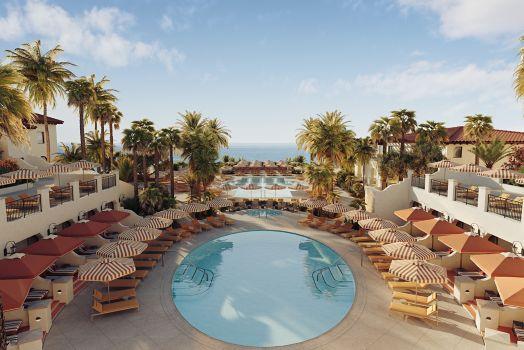
Ritz-Carlton Bacara Pool During a recent birthday week, I spent a celebratory afternoon enjoying lunch at their newly opened Lulio, overlooking the sea. This is not just a dreamy spot featuring a unique Mediterranean menu, but a leisure center with a brilliant combination of divine Mezze, salads, flatbread, entrees, sides all prepared with good health in mind, as well as outrageously pleasing desserts. Lead culinary operatons chef of the resort ad Lulio restaurant Executive Chef Roberto Riveros Leyton joined the Ritz-Carlton Bacara in November of 2025. Chef Leyton has over 20 years experience working in San Francisco, Hong Kong, and Barcelona. My favorites on the Lulio menu included (these can be easily shared) Tuna 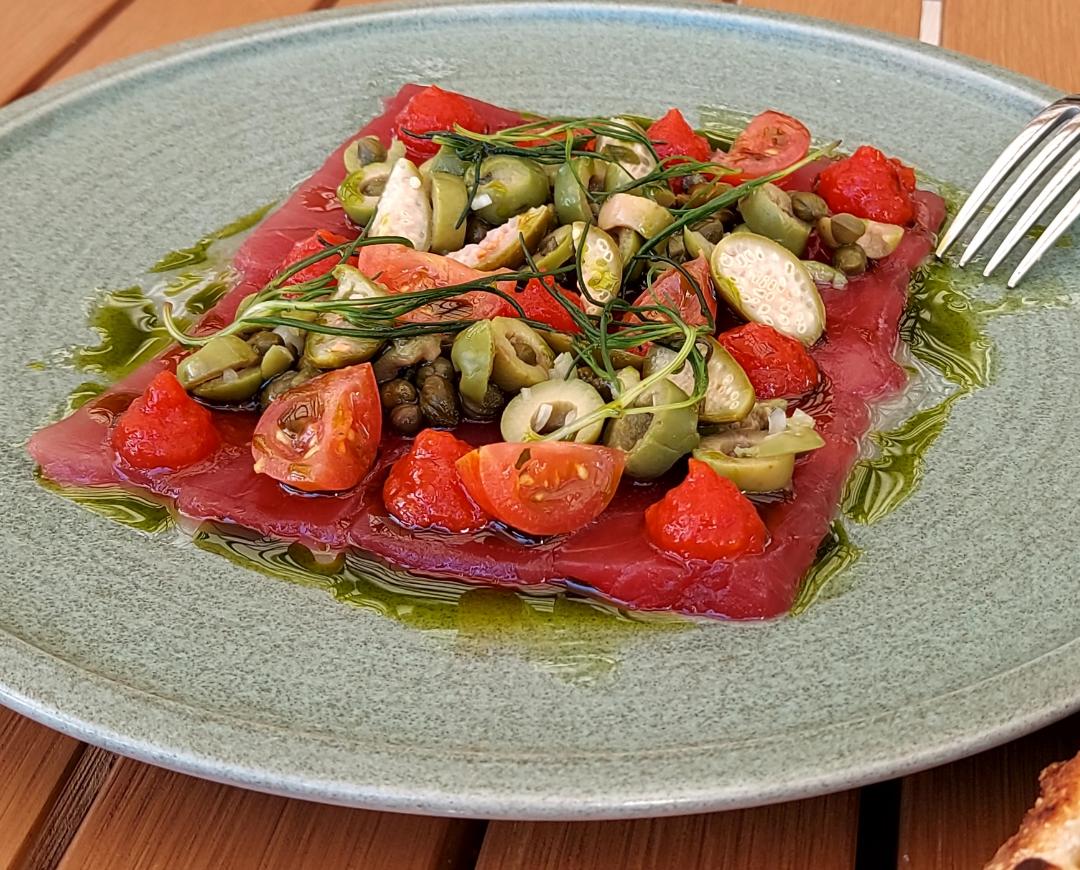 Carpaccio with capers, preserved Carpaccio with capers, preserved sundried tomato, olives, plus lemon and the fabulous Za’atar flatbread, with whipped Feta, crafted olives, olive oil and pea shoots which were both a huge taste bud surprise, and I am still thinking of the divine flavor combinations and textures. Truly special and an explosion of goodness on the palate. sundried tomato, olives, plus lemon and the fabulous Za’atar flatbread, with whipped Feta, crafted olives, olive oil and pea shoots which were both a huge taste bud surprise, and I am still thinking of the divine flavor combinations and textures. Truly special and an explosion of goodness on the palate. The clams with tomato brodo, guanciale, ouzo, and 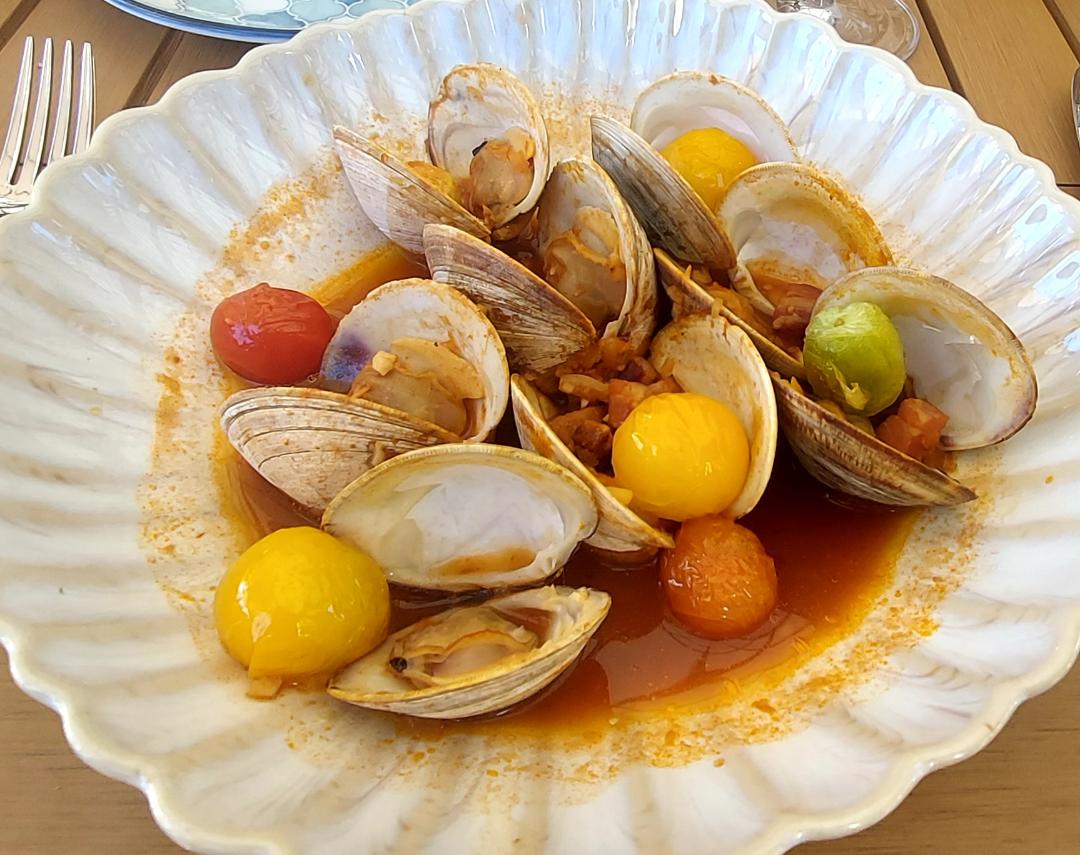 sesame bread came photo ready, and were such a sweet surprise. The ouzo provided a taste blend that absolutely made this recipe unique. The broth with fresh baked rolls for dipping was a luscious adventure of its own. The California Seabass with green harissa and charred tomatoes would be my next choice for a future visit. sesame bread came photo ready, and were such a sweet surprise. The ouzo provided a taste blend that absolutely made this recipe unique. The broth with fresh baked rolls for dipping was a luscious adventure of its own. The California Seabass with green harissa and charred tomatoes would be my next choice for a future visit. The green pea fritters were a new experience for me .jpg) and quite crispy, featuring delicious tastes and quite crispy, featuring delicious tastes.jpg) of ricotta, feta, za'atar, mint and lemon aioli. The sinful ending to this afternoon delight at Lulio was a slice of cake with berries and sweet chocolate. of ricotta, feta, za'atar, mint and lemon aioli. The sinful ending to this afternoon delight at Lulio was a slice of cake with berries and sweet chocolate. The restaurant also offers handhelds served with French fries or ancient grain tabbouleh salad, a healthy favorite of mine. The staff proudly shares they serve products from local farms when available. In early days of the hotel, they owned their own farm nearby and nearly everything was farm to table, including fresh chickens also from their nearby farm. The wine menu features a variety of favorites from along the California coast with a price for every budget (If it is your birthday a Champagne is complimentary). The menu of signature cocktails is fascinating, with an Olive Grove Martini of Hendrick’s Capano Classico, Chareau, and feta-stuffed olive, along with several refreshing spirit-free cocktails and their Beer menu offers everything from wheat ale to Boston lager, and is extensive. 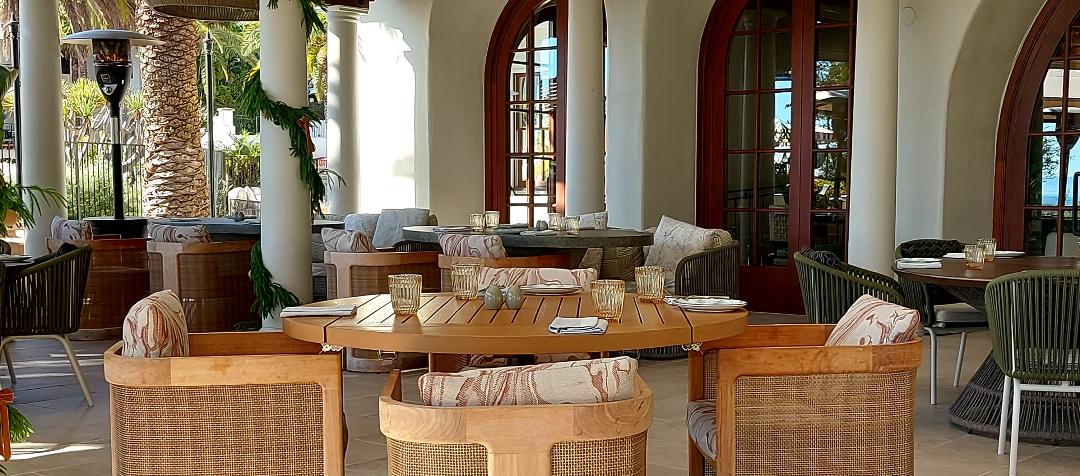
Lulio Patio Dining with an Ocean View The design details of the restaurant are so inviting, and blend perfectly with the natural beauty of the mountains and sea views surrounging Ritz-Carlton Bacara. So very comfortable and relaxing with service that is simply outstanding. For information visit: www.ritzcarlton.com. Ritz-Carlton Bacara Santa Barbara 8301 Hollister Avenue Santa Barbara, California 93117 1-805-968-1800 ≈≈≈
|



